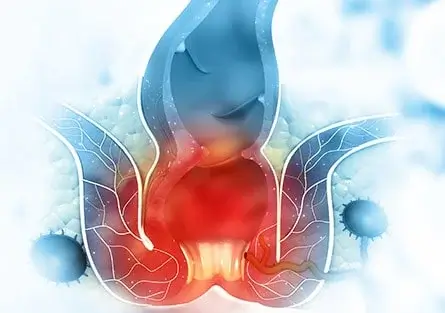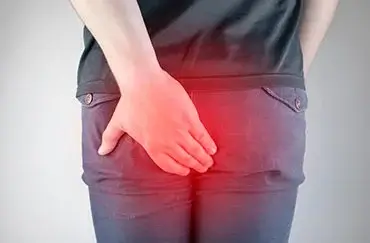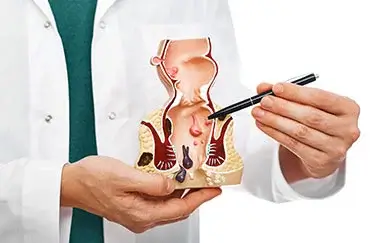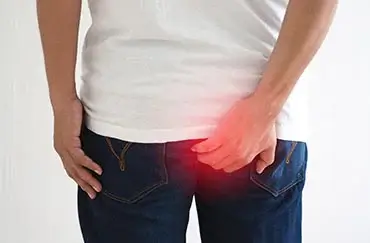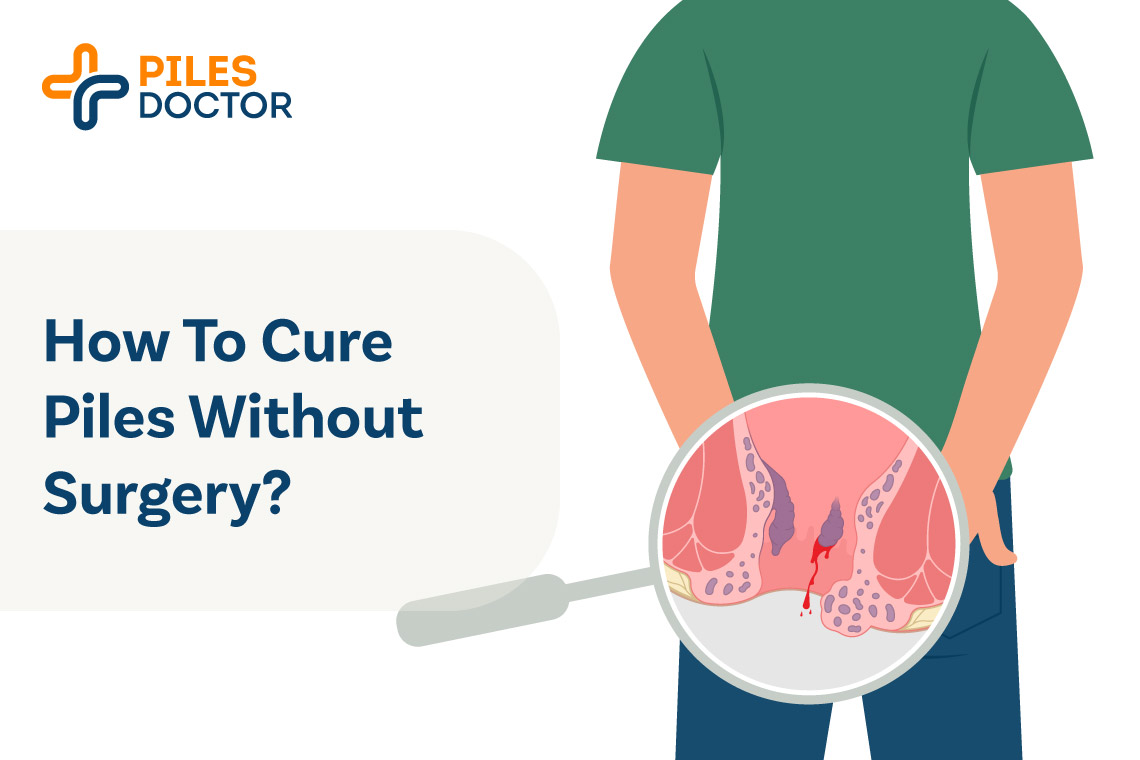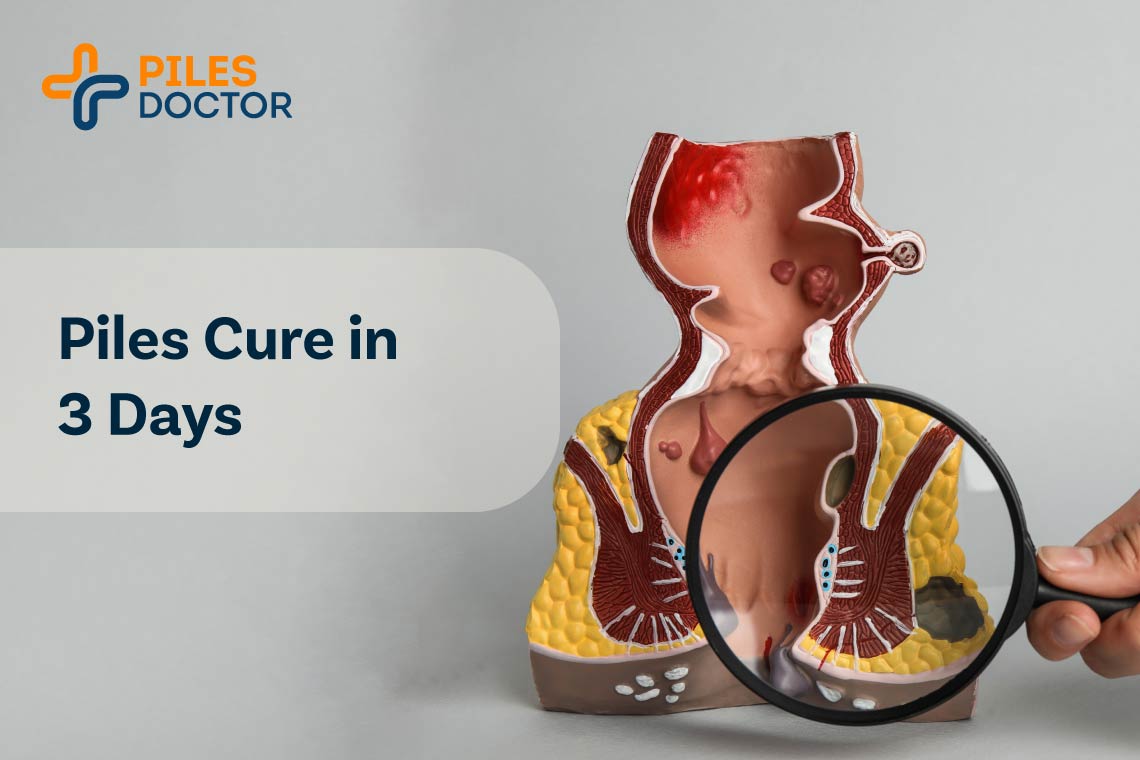I had piles for quite some time and the condition didn’t improve after trying many home remedies. When I consulted Dr. Pankaj, I was stressed after knowing that I needed surgical treatment. Fortunately, the doctor briefed me before the procedure and told me that there won’t be any cuts or stitches as they use laser technology. I trusted my doctor and had the surgery the next day. There were no cuts, stitches, or scars involved in the surgery. Now I am recuperating well and don’t feel any pain during bowel movements thanks to Dr. Pankaj
– Rohit Mehra
I had grade 2 piles which became grade 4 within a few weeks. It was very difficult for me to cope with the pain. When I consulted with my primary care provider, he referred me to Dr. Piyush Sharma Regardless of my concerns, I visited the doctor and he recommended laser surgery. At first, I was afraid, but after he explained the entire procedure, I knew that it was the best option to get rid of piles. I had my surgery a few days later which was successful. It’s been two weeks and I have recovered well after the surgery.
– Dharmesh Singh
Piles was becoming a very serious problem for me after lockdown. My physical activities were restricted and the condition became worse within a month. I came across Dr. Pankaj Sareen through Practo and booked a consultation with him. He explained the laser treatment procedure to me and described all its benefits. I had the surgery on the next day and now my condition is resolved. I am able to pass stools without any pain or discomfort thanks team
– Gaurav sinsinwar
I had heard that laser surgery was the best treatment for piles. After consulting with Dr. Rakesh Mittal, I was convinced that it is the right method for me. The doctor had more than 10 years of experience in performing laser surgery. I trusted him and had the surgery without any delay. The doctor even provided post-surgery care tips and stayed in touch with me to ensure that I recovered well.
– Vaibhav Gupta
After having laser surgery for piles myself, I would like to recommend it for people who want to get rid of piles permanently. The procedure is simple, safe, and effective. The doctor uses a laser probe that emits light energy and shrinks the swollen and inflamed tissues. The surgery took only 30 minutes and I was able to go back home on the same day. Thanks to the whole team helping me in this seamless surgical journey, I am now free from piles and can eat my favorite foods without worrying about the pain.
– Rekha Yadav
Dr. Ravi was recommended to me by my primary care physician when I told him about the symptoms. He asked me to consult a specialist immediately. So, I talked to Dr. Ravi and after diagnosis, he told me I had grade 3 internal piles. I trusted him and had the surgery a few days later. The surgery was non-invasive and there were no stitches or scars. I was able to get back to work after two days and recovered completely within a week. My overall experience of laser surgery was good and I recommend this method to anyone who needs piles treatment.
– Neeti Verma
❯














